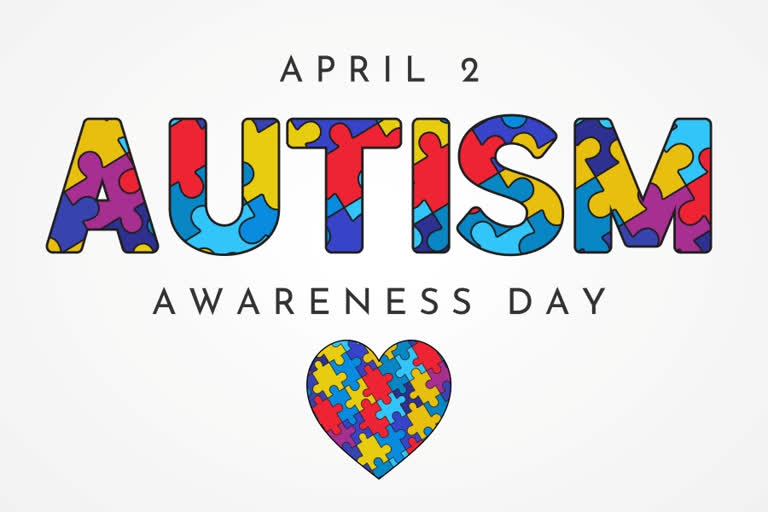Autism is a pervasive mental disorder that develops in the first few years of a child. It is characterised by abnormal development in social interaction and communication, purposeless monotonous hyperactivity with lack of interest, etc. As per the World Health Organization (WHO), about one in 160 children has Autism spectrum Disorder (ASD)
WHO further states that the characteristics of autism may be detected in early childhood, but autism is often not diagnosed until much later. People with autism often have co-occurring conditions, including epilepsy, depression, anxiety and attention deficit hyperactivity disorder as well as challenging behaviours such as difficulty sleeping and self-injury. The level of intellectual functioning among people with autism varies widely, extending from profound impairment to superior levels.
ETV Bharat Sukhibhava was in conversation with Dr. Nandita de Souza, developmental pediatrician, and director, Sethu Centre for Child Development and Family Guidance, Goa and here is what she informs.
What are the early signs of autism?
Families, teachers, and doctors should be aware of early signs of delay in socialization and communication. Some ‘red flags’ are given below:
- By 6 months:No big smiles or other warm, joyful expressions.
- By 9 months: No back-and-forth sharing of sounds, smiles, or other facial expressions.
- By 12 months: Lack of response to name.
- By 12 months:No babbling or “baby talk.”
- By 12 months: No back-and-forth gestures, such as pointing, reaching, or waving.
- By 16 months:No spoken words.
- By 24 months:No meaningful two-word phrases that don’t involve imitating or repeating.
